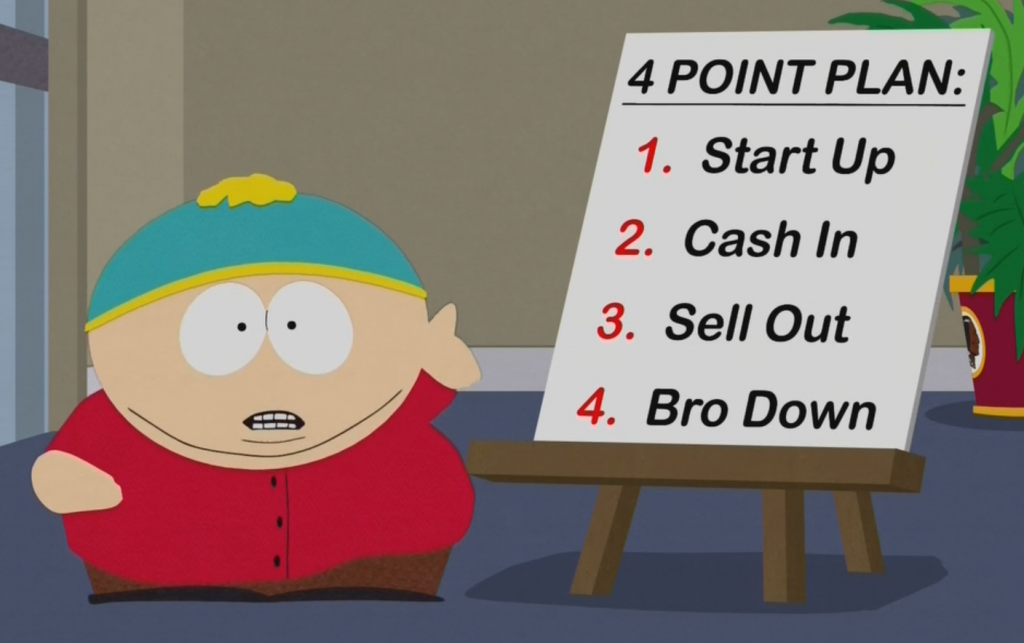It’s a pretty familiar scenario for most of us. You get to the end of the month, spend a little too much, have to pay an unexpected bill, just can’t quite stretch your cash out, and your bank helpfully lets you get into the red. Until, kowabunga, they’ve charged you £30.
An organization called the Financial Conduct Authority (FCA) – which kind of acts to police banks behavior and makes sure they’re acting fairly – is saying it could ban banks from charging fees. If your bank did lend you that money, you’d still have to pay it back, probably with interest.
Some banks have already stopped charging fees. Barclays just won’t lend you that money, for example. Lloyd’s is saying it will stop charging fees from November.
The FCA’s got previous in this stuff. In 2015 it went after payday lenders – they lend you money in advance of your payday, then you pay it back once you’ve got some cash, with a ton of interest.
The problem is, payday lenders were lending people money who couldn’t prove they could afford it, in some cases they couldn’t even afford to pay the interest off.
The FCA put an upper limit (called a cap) on how much payday lenders could charge in interest – no more than twice the original amount borrowed. It’s saying that the 760,000 people who use payday loans companies have saved a total of £150 million this year, that lenders are less likely to lend to people who can’t pay them back, and that fewer people have turned to debt charities this year.

